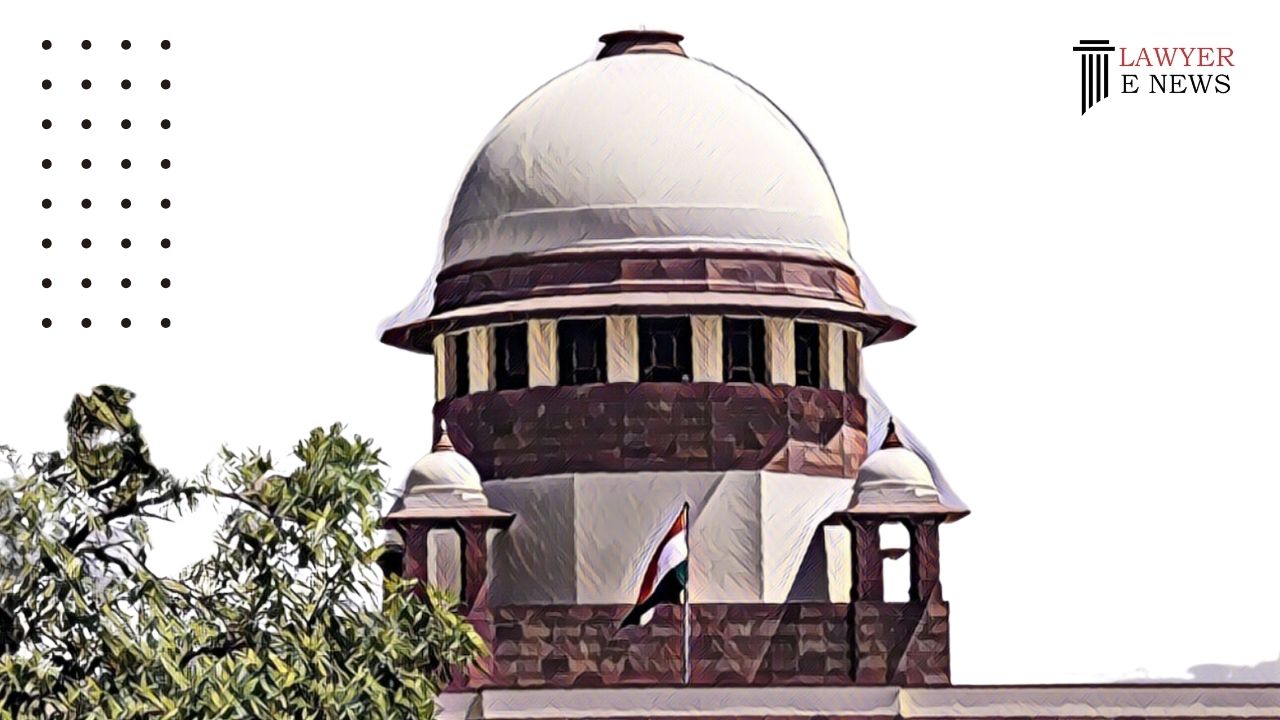-
by sayum
14 February 2026 2:22 PM



Supreme Court sets aside trial court’s order in a decades-old double murder case, directs expeditious trial.
In a landmark judgment delivered on July 15, 2024, the Supreme Court of India has nullified the trial court’s order allowing the withdrawal of prosecution against a politically influential accused, Chhote Singh, in a double murder case dating back nearly three decades. The bench, comprising Justices Vikram Nath and Satish Chandra Sharma, underscored the importance of judicial integrity and the dangers posed by political interference in the judicial process. The court also directed the Allahabad High Court to expedite the trial and resolve the long-pending criminal revisions.
The case originates from a First Information Report (FIR) registered on May 30, 1994, by Rajendra Kumar Srivastava, alleging that several accused, including Chhote Singh, attacked and killed Jagdish Sharan Srivastava and Rajkumar alias Raja Bhaiya. The accused were armed and allegedly motivated by prior complaints against them involving criminal activities. Despite being initially named in the charge sheet, Chhote Singh’s prosecution was withdrawn by the trial court in 2012, citing his good public image and political standing.
The Supreme Court condemned the nearly three-decade delay in the trial, attributing it to the political influence of the accused. “The judicial system of our country often finds itself grappling with the pervasive issues of prolonged delay and suspected political influence within the legal proceedings," the bench noted. The court criticized the High Court for repeatedly adjourning the hearings, thereby enabling the accused to use dilatory tactics.
The trial court’s decision to allow the withdrawal of prosecution against Chhote Singh was harshly criticized. The Supreme Court emphasized that withdrawal of prosecution under Section 321 of the Code of Criminal Procedure, 1973, should be based on the merits of the case rather than the accused’s public image or political standing. “Matters of a gruesome crime akin to the double murder in the present case do not warrant withdrawal of prosecution merely on the ground of good public image of an accused named in the charge sheet after thorough investigation,” the court asserted.
The Supreme Court highlighted that the trial court’s reasoning, which relied heavily on Chhote Singh’s political status and public image, was flawed. The court reiterated that political power should not influence judicial decisions. “Merely because an accused person is elected to the Legislative Assembly cannot be a testament to their image among the general public,” Justice Vikram Nath observed.
Justice Vikram Nath remarked, “The corroboration provided by the political influence is a significant factor that hinders the prosecution??s case, especially when judicial processes are delayed under duress.”
The Supreme Court’s decision to set aside the trial court’s order and direct the High Court to expedite the trial marks a significant step towards ensuring that political influence does not derail the course of justice. By reaffirming the necessity of evaluating cases based on their merits, the judgment underscores the judiciary’s commitment to impartiality and the rule of law. This ruling is expected to expedite pending cases involving influential individuals and reinforce the legal framework to prevent misuse of political power in judicial proceedings.
Date of Decision: July 15, 2024
Shailendra Kumar Srivastava vs. The State of Uttar Pradesh & Anr.
